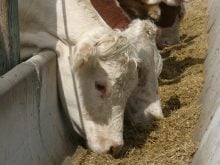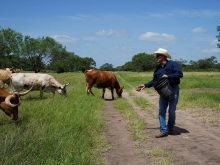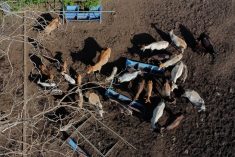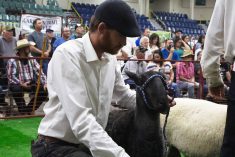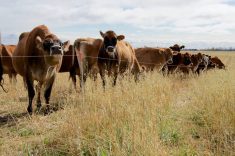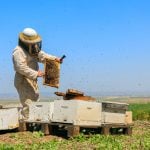Conventional thought was that common species of roundworm cattle parasites are killed during the cold prairie winters.
Not so, it appears.
Agriculture Canada research scientist Doug Colwell says studies show about five percent of common roundworm species survive winter and are available to be ingested by cattle as soon as turnout in spring. He is now finalizing a paper on the topic for later publication.
“What we saw in the study was that a very small percentage, like about five percent, of the worms actually survived on the pasture. Even in northern Alberta, up around Grande Cache and that area, there was about five percent of them would survive the winter.
Read Also
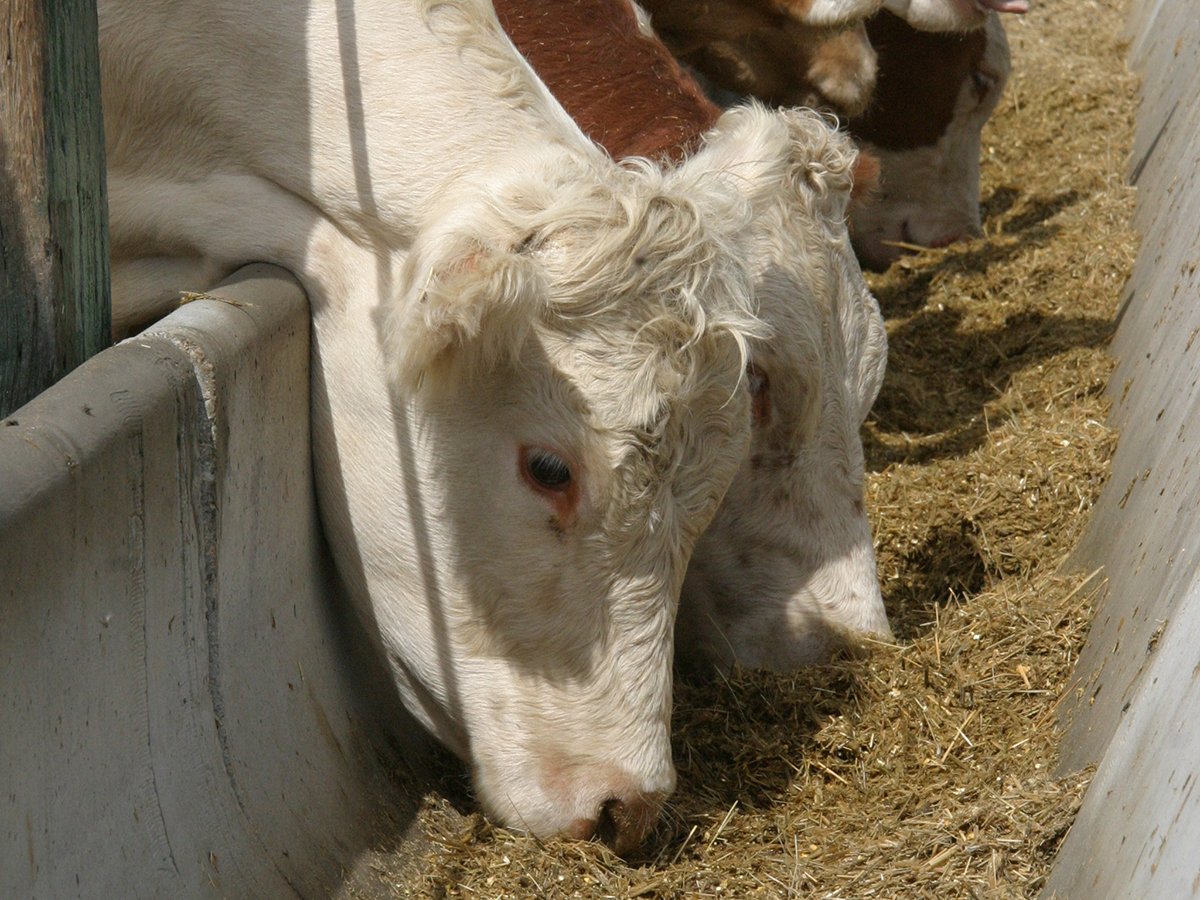
Alberta cattle loan guarantee program gets 50 per cent increase
Alberta government comes to aid of beef industry with 50 per cent increase to loan guarantee program to help producers.
“So the minute the cattle were there, they were picking up the parasites, which was quite different from what we had been thinking before.”
Colwell said the study was done using “tracer calves,” which were Holsteins completely free of parasites. These were put on pasture early in the season, at about the time of most spring cattle turnouts.
“They were picking up worms the minute they hit the pasture,” he said. “My guess is that because it’s cold enough in the late part of the season, the parasites don’t develop very far in the eggs, so the eggs hide out in a cow patty somewhere and when temperatures get warmer, the worms manage to climb out and head out on the grass.”
Colwell is an advocate of fall treatment for cattle parasites so the animals go into winter in good condition and without parasitic drain on their nutrition.
If that isn’t possible, however, treatment before turning cattle out to graze in spring will provide at least six weeks of protection. Longer protection is possible depending on the type of product used.
Spring treatment generally means cattle will contribute less to parasitism in summer pasture because they won’t be shedding eggs via the worm life cycle until treatments wear off.



